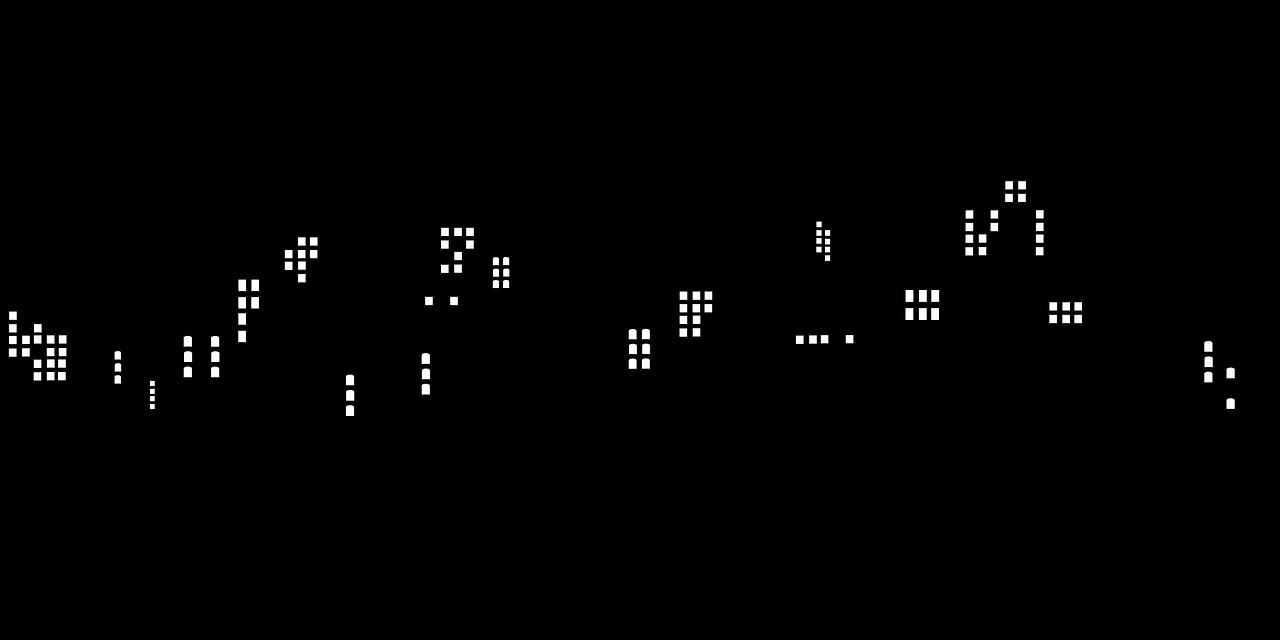Calling time on a relationship you once cherished can feel like pressing the emergency stop button on a moving train-everything lurches, the noise fades, and you are left with the echo of your choice. You had agency, yes, but agency does not shield you from ache. If you are searching for a humane, structured way to recover from a breakup you caused, you are already doing something important: you are pausing to reflect rather than rushing past the lesson.
What makes this kind of loss uniquely disorienting is the tug-of-war between relief and remorse-two truths that often coexist. You can know a decision was necessary and still mourn what it ended; you can hold compassion for yourself and still wish you had done some things differently. That tension is not a flaw in your character-it is a sign that you are capable of nuance. Healing becomes easier when you allow that nuance to sit beside you rather than trying to argue it away.
Why It Stings Even When You Initiated It
When you choose to end a relationship, your mind may fire up a storm of second-guessing-memories highlighted in gold, moments of friction painted in neon, and inner narratives that swing between self-defense and self-critique. Psychologists often describe this clash of beliefs as cognitive dissonance-the brain’s way of reconciling feelings that do not easily coexist. Add natural emotions like guilt, embarrassment, and shame, and it is no wonder the aftermath can feel like emotional static. The path forward is not to deny those signals but to translate them into growth, especially if you are determined to move through a breakup you caused with integrity.

A Compassionate, Structured Path Forward
The ideas below are not shortcuts; they are steady practices. Apply them with patience, and adapt them to your life. Think of them as a set of scaffolds you can climb-one section at a time-until solid ground appears beneath your feet. They honor your responsibility without turning it into a life sentence, and they help you take wiser steps after a breakup you caused.
-
Map Your Inner Landscape with Unflinching Honesty – Begin by naming what happened in plain language. Write down the major turning points, your behaviors, and the needs that went unmet. Avoid courtroom phrasing-no prosecution, no defense-just a clear record. This is not an exercise in self-punishment; it is a clarification ritual. A simple question helps: “What was I asking for-directly or indirectly-that I did not know how to ask for?” The clarity you gain will anchor you through the waves that follow a breakup you caused.
-
Revisit the Why-Intrinsic vs. Extrinsic Drivers – Separate reasons that came from your core values (intrinsic) from reasons shaped by circumstance or pressure (extrinsic). Maybe misaligned visions of the future mattered more than timing or logistics. When you know which layer carried the most weight, regrets lose some of their bite. This distinction is a compass that keeps you oriented long after a breakup you caused.

-
Choose Growth Over Self-Flagellation – Emotional reconstruction begins the moment you decide to learn rather than linger. Treat missteps as data. Ask where communication faltered, where boundaries bent, where fear steered your choices. Growth is not theatrical; it is incremental-one new behavior practiced consistently. That is the quiet alchemy that follows a breakup you caused.
-
Create Internal Closure – Closure does not require a final summit meeting or a perfect mutual epiphany. Draft a letter you never send, articulate what you are grateful for, what you regret, and what you release. Ritual helps: a walk where you speak your goodbye out loud, a small memento placed in a box, a promise recorded in your journal. Choose what lets you seal the envelope on a breakup you caused.
-
Establish No-Contact as a Healing Boundary – Space is not cruelty; it is medicine. Give both of you time without check-ins, nostalgia fishing, or ambiguous messages. Boundaries reduce emotional whiplash and keep you from re-opening wounds you are trying to stitch. Clarity is kinder in the long run, particularly after a breakup you caused.

-
Build Emotional Resilience on Purpose – Resilience is a skill set: noticing triggers, labeling emotions, and choosing responses that align with your values. Try a simple sequence-name what you feel, normalize the feeling, then select the next wise action. Over time, you cultivate a sturdier nervous system, one that can hold discomfort without panic-a crucial capacity after a breakup you caused.
-
Step Back from Social Media – Curated feeds magnify doubt and delay healing. A temporary hiatus interrupts comparison spirals and performance pressure. Without the reflex to post or scroll, you regain attention for what actually soothes and strengthens you-an especially helpful reset when recovering from a breakup you caused.
-
Journal to Reorganize Your Story – Put feelings into words and they become more workable. Use prompts like “What belief about love surfaced here?” or “What boundary would have served both of us?” Writing transforms emotional fog into navigable weather. Over weeks, patterns emerge, and you earn grounded insights that stabilize you after a breakup you caused.
-
Move Your Body to Move Your Mood – Physical activity shifts chemistry and perspective. It is not an escape; it is a reset that makes reflection possible. Walks, stretches, or workouts create a rhythm that reminds you life continues, and with each session, you reclaim a little more steadiness following a breakup you caused.
-
Experiment with New Hobbies and Roles – When a relationship ends, so do routines and identities tied to it. Sampling new activities widens your sense of self. Novelty interrupts rumination and gives your mind something constructive to hold. This playful redefinition is a healthy counterweight to the seriousness that surrounds a breakup you caused.
-
Give-Volunteer, Mentor, Contribute – Prosocial acts shrink self-absorption and re-energize purpose. Service is not a distraction; it is perspective in motion. Witnessing others’ realities often softens harsh inner narratives, helping you adopt a kinder lens on a breakup you caused.
-
Confide in a Trusted Circle – Choose two or three people who blend empathy with candor. Let them reflect patterns without shaming you, and ask them to hold you accountable to the changes you want. Selective support prevents echo chambers and steadies you through the rocky days that follow a breakup you caused.
-
Edit Your Environment-Reduce Toxic Inputs – If certain conversations, playlists, or communities drag you into self-blame theatrics, take a step back. Emotional contagion is real-attitudes spread. Curate what surrounds you so it supports, rather than sabotages, healing from a breakup you caused.
-
Consume Uplifting, Perspective-Broadening Content – Mood-congruent media can trap you in loops. Balance tender music or films with material that expands your thinking-stories of repair, learning, and steady courage. This intentional input nudges your mind toward possibilities beyond a breakup you caused.
-
Study What Went Wrong-Gently – Read about communication habits, boundaries, and conflict patterns. Trace the chain of moments that mattered. Understanding is not about scoring yourself; it is about installing better settings for the future. That is how wisdom crystallizes from a breakup you caused.
-
Seek Professional Support When Needed – A therapist offers structure you might not give yourself-tools from approaches like CBT or DBT, space to practice new scripts, and support when shame tries to take the wheel. Expert guidance can accelerate healthy change after a breakup you caused.
-
Re-Enter Dating Deliberately – When you feel calm, curious, and clear-rather than lonely, frantic, or performative-you are more likely to relate with integrity. Explore your attachment patterns and name your non-negotiables before you meet someone new. Let intention, not impulse, guide your next chapter beyond a breakup you caused.
What Healing Often Looks Like in Real Time
Recovery rarely unfolds in straight lines. Some mornings you wake with lightness; some afternoons you wonder whether you should have tried one more time; some evenings you feel unexpectedly proud of the kindness you still carry. That variability is normal. Progress is best measured not in dramatic epiphanies but in quieter shifts-how quickly you return to center after a spiral, how consistently you keep the promises you made to yourself, how gently you speak about the past. Stay with that pace. If you keep practicing the skills above, the sharp edges soften, and the story you tell about a breakup you caused becomes less about punishment and more about growth.